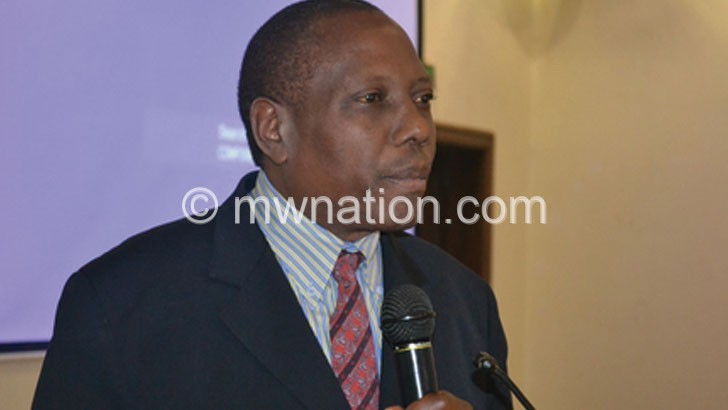‘Fuel price hike points to tough times ahead’
Malawians should brace for tough times ahead following Malawi Energy Regulatory Authority (Mera) decision on Thursday to raise the prices of paraffin, diesel and petrol.
The new prices which took effect yesterday, mean petrol pump price has gone up by 4.62 percent from K788.30 per litre to K824.70 per litre whereas diesel is now selling at K815.80 per litre from K766.90 per litre, representing a 6.38 percent increase.

The cost of fuel has a significant impact on the pricing of goods and services; hence, Malawians—already reeling from the pressure of reduced buying power and a depreciating kwacha—will likely be affected by the fuel prices hike, according to Chancellor College-based economist Ben Kaluwa.
The fuel price hike is the second this year; last time Mera raised the prices was in March. In between, Mera has dithered to affect a price hike opting to tap into the Price Stabilisation Fund (PSF) to cushion consumers.
But lately, the PSF—an account that accumulates funds from fuel sales meant to cushion any rises in fuel products that would raise inflation—has been in the spotlight after alleged abuses involving K3 billion was said to have been diverted to buy maize for state grain producer the Agriculture Development and Marketing Corporation (Admarc).
Kaluwa said while he would not rush to link Thursday’s fuel price adjustment to the depletion of the PSF, the price hike was an indicator of worst things to come.

“But people will definitely want to draw the connection, seek clarification and maybe assurance that this fuel price increase has not been necessitated by the diversion in any way. However, the issue is, Malawi depends 100 percent on petroleum products for production—for instance, in agriculture and manufacturing industries and a hike on petroleum products will surely have an impact and a trickle-down effect on the economy.
“We are already reeling with the cost of electricity and the unavailability of electricity which has pushed quite a lot of producers to have stand-by generators and now it means the cost of running those generators will be up. So, we have unreliable electricity and high cost of fuel for alternative energy sources,” said Kaluwa yesterday.
Commenting on the hike, Economics Association of Malawi (Ecama) president Henry Kachaje said it was inevitable as Malawi adopted an automatic fuel pricing mechanism, a system where with a movement in landed costs of fuel above a certain band, the price has to be adjusted either upwards or downwards.
Kachaje said the price hike would hurt consumers and that they should expect increases in prices for general goods and services as it is expected that any significant rises in fuel prices affect the cost of production of goods and services.
“We need to brace for more challenging economic times as our economy still remains fragile, although there are some signs of stability. However, in the short-term, the cost of living will remain high,” he said.
Mera board chairperson Bishop Joseph Bvumbwe said in a statement on Thursday the energy regulator has also revised upwards the maximum allowed price of Liquefied Petroleum Gas (LPG) from K1 999.00 per kilogramme (kg) to K2 066.27 per kg.
While paraffin, used mostly by industry and the majority of poor households in the country, is now selling at K648.70 per litre from K609.80 for the same quantity, indicating a 6.38 percent increase.
However, consumers can breathe a huge sigh of relief because the energy regulator maintained the cost of electricity at K57.72 per kilowatt hour (kWh).





